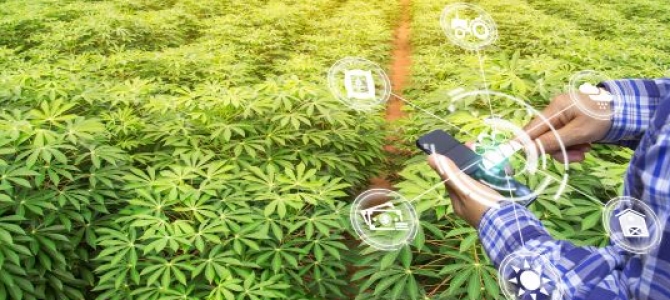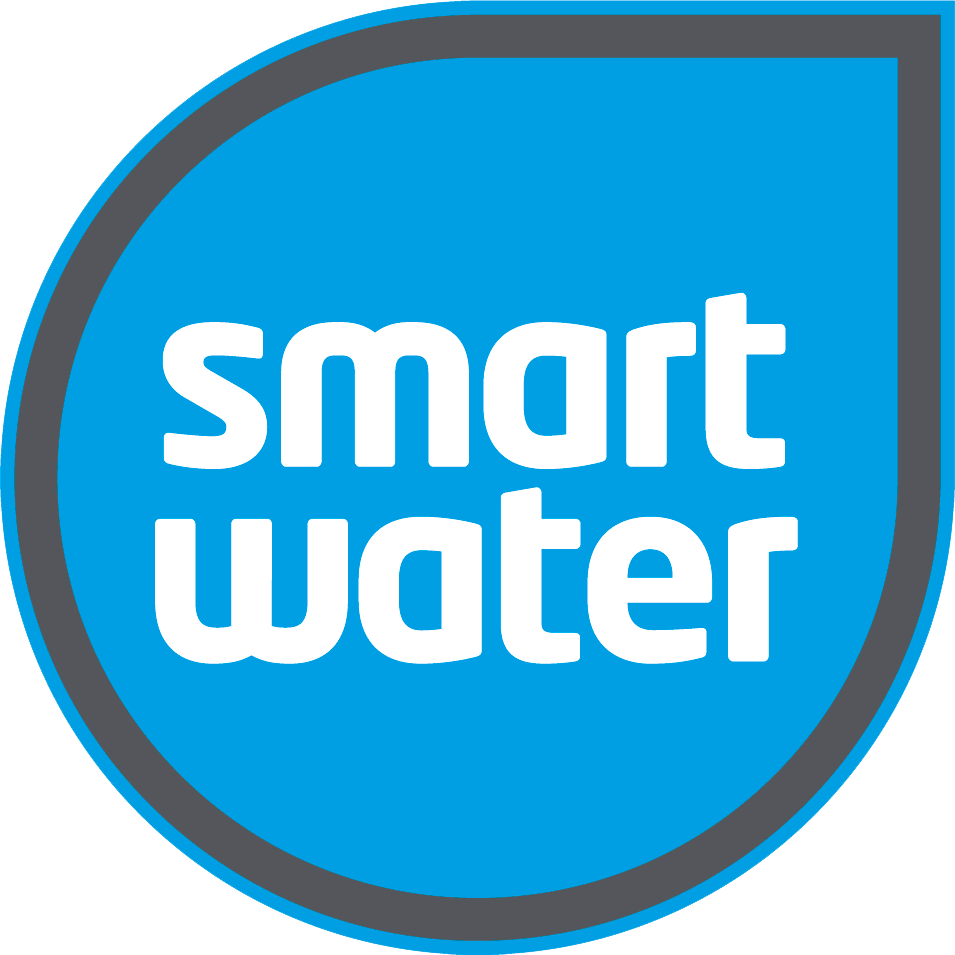 Shopping Cart
Shopping Cart
03 November 2023
The future of water conservation: innovations and technology

As the world grapples with the ever-present threat of water scarcity, the focus on water conservation only intensifies. The future of water conservation lies not just in our hands, but also in the driving seat of technological innovation. Emerging technologies and innovations are poised to redefine our approach to conserving this precious resource, offering novel solutions to age-old problems. This blog will delve into the heart of these advancements, exploring their impact and the role they will play in ensuring a water-secure future.
Introducing next-generation technologies to reduce water waste
Next-generation technologies for water conservation aim to reduce waste and promote efficient use of water across various sectors. These include advanced leak detection systems that utilise artificial intelligence and machine learning to identify and locate leaks, ensuring quick mitigation and thus, reducing wastage.
Furthermore, smart irrigation systems are being developed that assess the weather and soil conditions to provide optimum water supply to crops, thus ensuring effective use of water in agriculture, which is one of the largest consumers of water.
Innovative desalination technologies are also in the pipeline, which aims to make saltwater usable for human consumption and agriculture at a lower cost and with less environmental impact than traditional methods.
These pioneering technologies are not just concepts on paper but are fast becoming reality, spearheading a new era in water conservation.
Rainwater harvesting systems – the newest trend in conserving water
Rainwater harvesting systems are emerging as a practical and sustainable solution for water conservation. These systems capture, store, and utilise rainwater, reducing reliance on public water supplies, particularly in areas prone to drought or water scarcity.
Rainwater harvesting is beneficial both for the environment and for homeowners. It helps decrease water runoff, reducing soil erosion and the pollution of waterways, while also saving money on water bills. Advances in technology have made these systems more efficient and easier to install, with options ranging from simple rain barrels to more complex systems incorporating filtration and pumps.
Moreover, these systems can be seamlessly integrated into urban and rural environments. In urban settings, they can be connected to rooftops to collect rainwater, which can then be used for gardening, cleaning, or even as grey water in toilets. In rural areas, they can help farmers conserve water for irrigation and livestock.
As the importance of water conservation becomes increasingly recognised, the trend towards installing rainwater harvesting systems is expected to continue. By embracing this simple, yet effective technology, we can contribute to the sustainable management of water resources for future generations.
Here at Smart Water, we are helping to facilitate the management and monitoring of rainwater harvesting through our innovative water tank level monitoring system. Our market-leading product provides a wireless water tank management solution with mobile app connectivity, allowing you to manage and monitor the water you harvest from anywhere.
Making smart choices in our everyday lives – reusing and recycling water
Reusing and recycling water forms a crucial component of our everyday lives, and it extends beyond merely conserving water. These practices enable us to maximise the utility of a finite resource, while also promoting a more sustainable lifestyle. From utilising harvested rainwater for watering plants and washing vehicles to implementing greywater systems that repurpose waste water from baths, sinks, and washing machines for toilet flushing and irrigation - the possibilities for reusing and recycling water are plentiful.
Furthermore, the practice of water recycling can significantly reduce the pressure on our public water supply systems. With the help of technologies like our water tank level monitoring system, individuals can make informed decisions about their water usage, facilitating a more efficient use of this essential resource. Efforts to reuse and recycle water represent a smart choice for the planet, making a tangible contribution to the broader goals of environmental sustainability and water security.
How are cities leveraging technology for increased efficiency and conservation of water resources?
Cities across the globe are turning to technology for more efficient and effective water management. Smart technologies, such as IoT (Internet of Things) sensors and AI (Artificial Intelligence), are being deployed to monitor water quality, detect leaks, and manage water flow, significantly reducing wastage and increasing overall efficiency.
In Singapore, for instance, the Public Utilities Board has implemented a smart water grid system that leverages IoT technology. This system provides real-time monitoring and control of the water supply network, enabling the immediate detection and repair of leaks.
Similarly, in Barcelona, the city has embraced technology for the conservation of water resources. The city's smart irrigation system uses weather forecasts and soil moisture data to optimise the watering of its public parks, reducing water consumption by 25%.
By harnessing the power of technology, cities can take major strides towards water conservation, helping to ensure the sustainability of this precious resource for future generations. This integration of technology into water management not only promotes efficiency but also contributes towards the larger goal of creating smart, sustainable cities.
The potential of artificial intelligence (AI) for better management of water resources
Artificial Intelligence (AI) holds significant promise for the improved management of water resources. As the world grapples with the increasing scarcity of clean, usable water, AI has the potential to deliver innovative solutions to this pressing issue.
AI can be deployed to predict water demand, optimise water distribution, and monitor water quality, among other tasks. Machine learning algorithms, a subset of AI, can be trained on vast datasets to discern patterns and make accurate predictions. For instance, AI could predict water usage patterns in a city, allowing for more efficient allocation and distribution of water resources.
Moreover, AI can be used to monitor and maintain water quality. Sensors can gather data on various water quality parameters, and AI algorithms can analyse this data to detect any anomalies or contaminants. This not only ensures safe water for consumption but also aids in the early detection of environmental hazards.
AI can also be instrumental in detecting water leaks within infrastructure systems. Early detection and repair of leaks can lead to significant water conservation and cost savings. This application of AI is particularly useful in cities with ageing water infrastructure, where leaks are a common issue.
In essence, the potential of AI in water management is immense and largely untapped. Harnessing this technology can lead to more efficient and sustainable water use, ultimately contributing to global efforts to achieve water security.
Implementing innovative solutions to reduce costs associated with water usage and conservation
Reducing costs associated with water usage and conservation is imperative for both economic and environmental sustainability. AI can be an invaluable asset in this endeavour, offering innovative, cost-effective solutions.
For instance, the application of AI in predictive maintenance can minimise infrastructure repair expenditures. By using AI to monitor infrastructure, issues such as leaks can be detected and resolved before they escalate, avoiding costly major repairs.
Furthermore, AI can optimise water treatment processes. This can be accomplished by predicting demand and adjusting treatment levels accordingly, reducing both energy and chemical usage costs. Additionally, AI can optimise irrigation in the agricultural sector. By precisely predicting weather patterns and soil conditions, water usage can be tailored to the exact needs of crops, preventing wastage and reducing expenditure.
Lastly, AI-enhanced water metering systems can provide real-time, detailed water usage data to consumers. This encourages more mindful usage, potentially leading to lower water bills. Moreover, this data can be used by water companies to better manage supply and demand, reducing operational costs.
Therefore, the role of AI in reducing water-associated costs is multi-faceted and can lead to significant savings if implemented effectively.
Summary
In conclusion, the profound promise of artificial intelligence to revolutionise water security is evident. From optimising water treatment processes and irrigation in agriculture to enhancing predictive maintenance and water metering systems, AI is positioned at the forefront of innovative, cost-effective solutions. Its capacity to anticipate demand, provide real-time data, and effectively manage resources not only reduces operational costs but also promotes more sustainable water usage. Therefore, the broad-scale adoption and effective implementation of AI have the potential to significantly enhance both economic and environmental sustainability in the global quest for water security.
